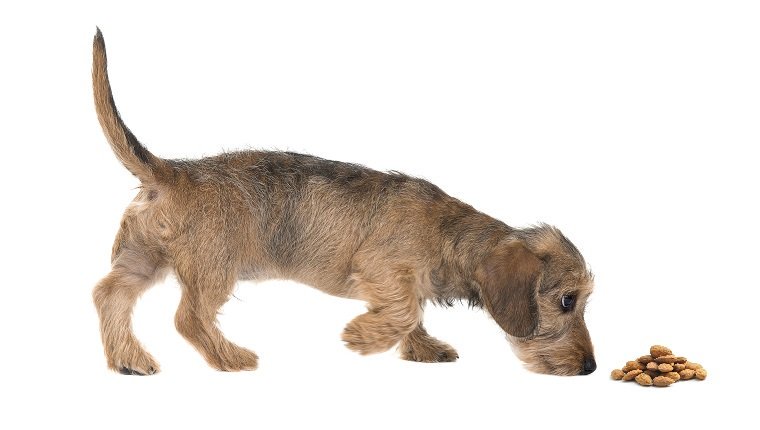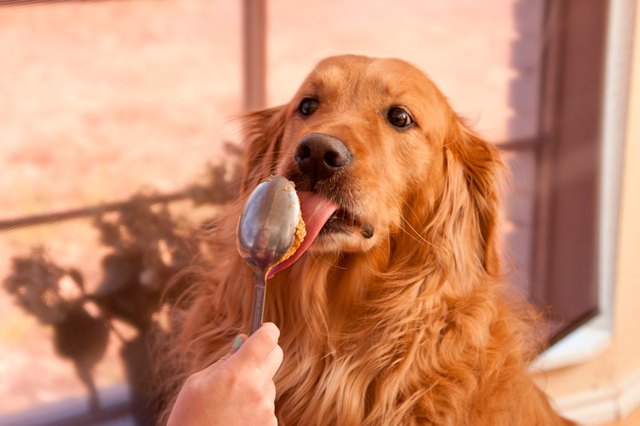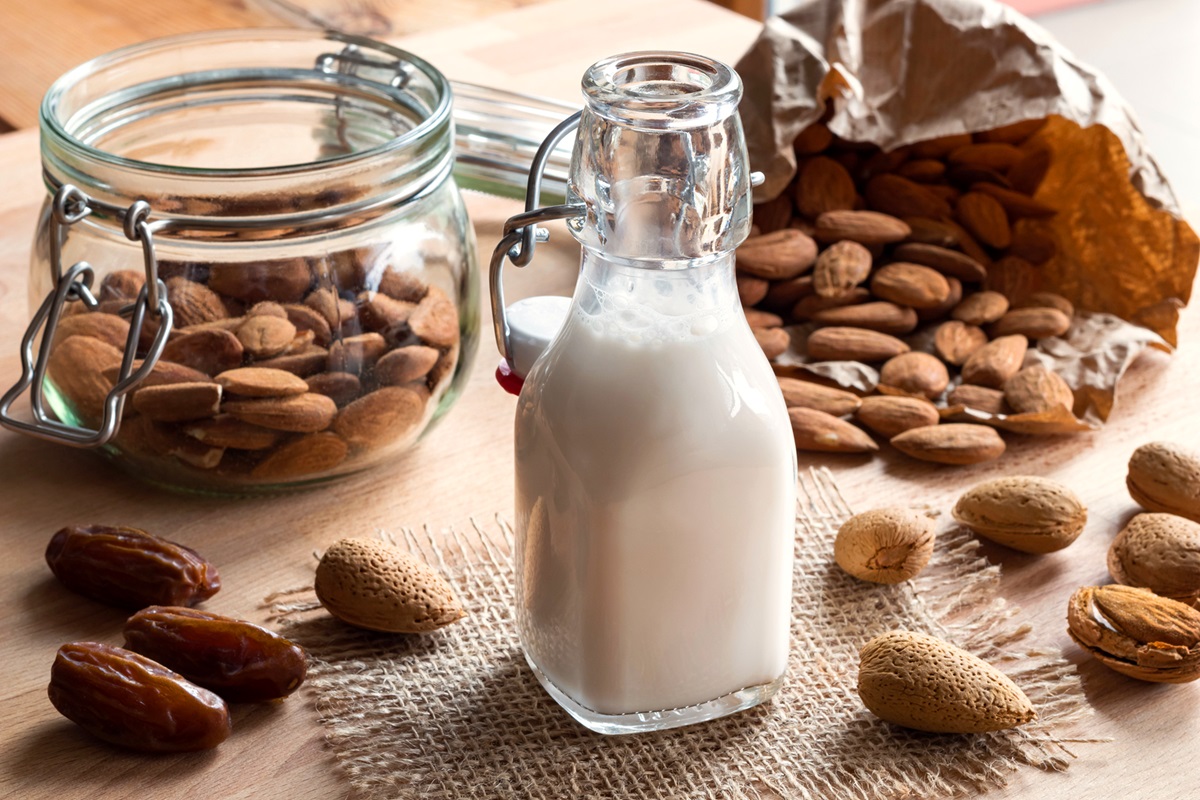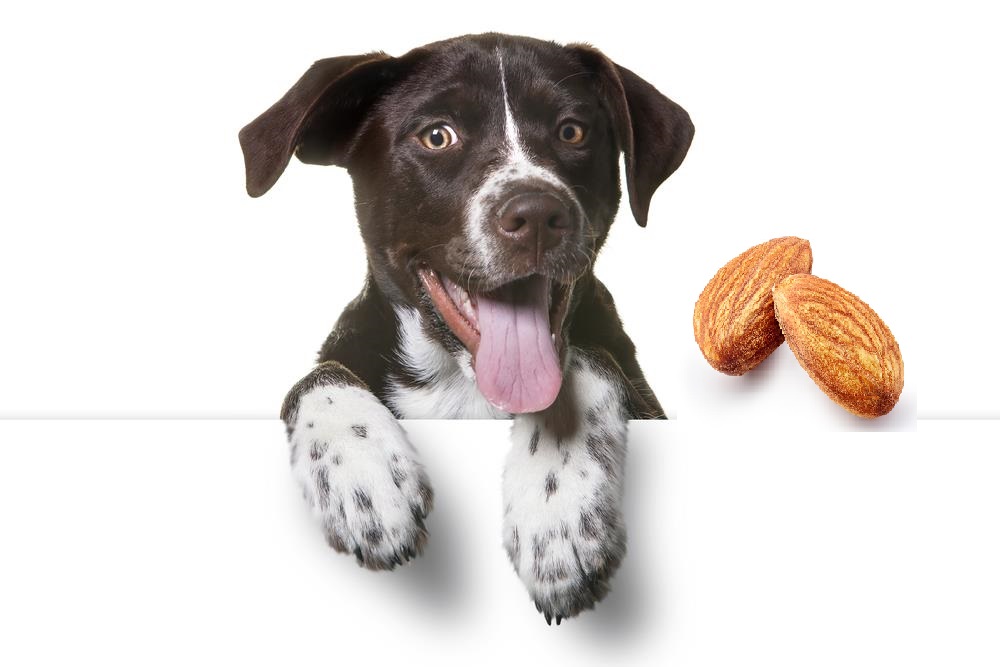What will happen if my dog eats almonds?

Consuming almonds causes gastric intestinal distress for your dog.
If they accidentally swallow an almond, be on the lookout for the following:
- diarrhea
- vomiting
- a loss of appetite
- general discomfort
- lethargy, and/or
- gas.
Almonds are also high in fat . . .
Just like other nuts, almonds have a high-fat content. Regardless of whether the fat they produce is good or bad, feeding your pet almonds or any other type of nut is not a good idea. Doing so will lead to unnecessary weight gain, and also pancreatitis – a life-threatening condition in dogs.
Too much salt!
Almonds are loaded with salt – most especially the coated and flavored ones have a higher concentration, and this can be extremely harmful to your dog. Remember that the food you feed your dog contains calcium, so they do not need any more salt added to their diet.
Giving them foods that have added sodium will lead to what is called salt toxicity.
According to research, you can easily tell a dog that has salt toxicity, as it causes the following symptoms:
- restlessness
- seizures
- twitching
- coma, and
- sometimes even death.
Risk of gastrointestinal obstruction
Almonds are hard for humans to break and chew. So, how about dogs?
They do not break down easily and dogs tend to skip the chewing altogether; therefore, almonds can cause severe intestinal blockage especially for smaller dog breeds.
You can tell if your dog is having gastrointestinal problems if he/she exhibits the following symptoms:
- abdominal bloating
- distention
- difficulty passing stool
- forceful vomiting
- weakness, and
- lethargy.
Another obstruction problem would be pancreatitis which is due to the high-fat content which can cause the pancreas to flare up. As a result of this, your dog will have indigestion which can turn fatal. Ensure to treat this aggressively with your veterinarian if you suspect it.
What to do if your dog accidentally eats almonds

The truth is that dogs will react differently to almond ingestion.
This is due to their sizes. If you have a large breed, the chances are that a few almonds will not affect him in any way; but do not assume that all dogs are the same.
If your dog consumes one or two almonds, there is no need to panic, just observe them closely for any signs of obstruction or intestinal distress.
If they eat more than just a few, the first thing to do is try to induce vomiting if it happened within the last 30 minutes.
You can use hydrogen peroxide to cause vomiting.
If you do not know precisely when they ingested the almonds, then you will have to just sit and wait. Observe him and if there are any signs of illness, call your vet immediately for professional advice.
In case there are no signs of distress, vomiting, gagging, bloating or discomfort, then your dog is probably okay and there is no need to worry.
Pro Tip: Always treat any sort of ingestion of substances that may be toxic as an emergency, as this will make a difference between the ingestion being fatal and not. It is essential to read extensively on what dogs can and cannot eat, plus what to do in case they do ingest something that is not good for them
Can dogs eat almond butter?

Having read about the dangers of giving your dog almonds, you are probably wondering if almond butter is suitable. Well, almond butter is definitely a safer option to peanut butter, and it is ok to give your dog.
You must however only give in small quantities, and ensure to choose a type of almond butter that is free of added sugars and salt. Be on the lookout for xylitol that may be present in some kinds of butter which is toxic to dogs.
Can dogs drink almond milk?

Almonds also produce almond milk and this milk is safe for dogs.
But, as with all things almond, you need to proceed with care.
If you must give him almond milk, introduce it gradually, and keep checking for adverse side effects.
The best thing to do, however, would be NOT to give the milk at all and rather give him water instead.
Final say on feeding your dog almonds

It’s fair to say that almonds are not as toxic as other nuts.
That being said, we have clearly outlined the adverse effects of their consumption for your dog. To be on the safe side, just avoid them altogether. There are many other safer products you can give your dog that will not cause them any harm, so, choose those others and leave almonds to humans.
At the end of the day, you want your dog to be safe, healthy and happy, so make the right choices for him, and you will enjoy the best times that are free from worry and unwanted emergencies.
Let everyone in the household be educated on what is safe and not safe, so they can all be on the lookout. DO NOT leave a bag of almonds or any other nuts lying around, as dogs are likely to sniff them out and eat them.

